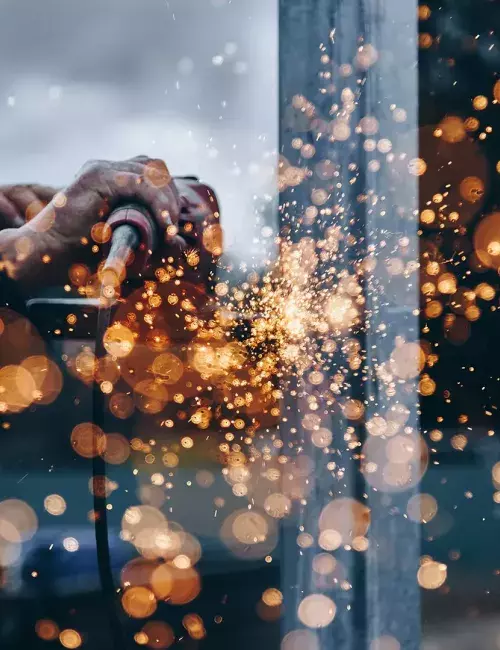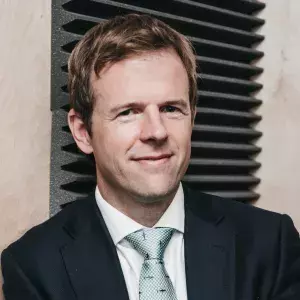The Final 25% Series
Overview
Our Final 25% Series focuses on reducing carbon emissions in difficult to decarbonise sectors, and solutions for achieving a transition to net negative CO2.
Existing research and technology in decarbonising electricity generation, transport, and heating, and decreasing energy demand can reduce CO2 emissions by 80%. The remaining 20% of global emissions is difficult to decarbonise and currently lacks any clear reduction pathways. We are exploring new ideas and business models focused on reducing emissions from these complex sources.
The net zero emissions target is unlikely to limit global temperature rise to less than 1.5 degrees C. We need to achieve net negative emissions through additional absorption of CO2 – between 2 and 20 Gt CO2 per year by 2100. This is at least a 5% reduction in addition to the elimination of present-day emissions.
We convened a series of dinners to encourage discussion and inspiration:
- In Oxford, guests included scientists, engineers and technologists with a focus on the critical science and technology R&D needed to achieve net negative emissions.
- At the London dinners, guests included leaders from finance, industry and government to explore how these ideas could be funded and deployed at a scale large enough to make a significant contribution to emissions reduction.
Our series of reports features conclusions from the discussions, and offers recommendations from the experts working most closely on the subjects. The ongoing series includes:
- Nature-based CO2 sinks
- Long-term energy storage
- The future of cooling
- Alternatives to fossil carbon for industrial products and processes
- Bankable carbon capture and storage
- The climate impact of alternative proteins
Reports
- Mike Mason | Honorary Research Associate, Smith School of Enterprise and the Environment
- Katherine Collett | Postdoctoral Researcher, Department of Engineering Science
- Brian O'Callaghan | DPhil Student, Smith School of Enterprise and the Environment
- Vanessa Schreiber | Graduated DPhil Student, Department of Economics
Funding
The Final 25% Series was made possible by generous financial support from Mike Mason and Richard Nourse. We are also grateful to those who supported the publication of the individual reports.


